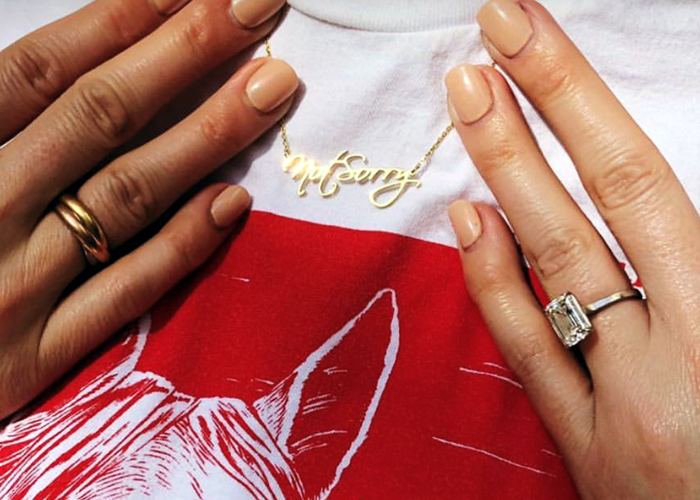The inability to cope with life’s many stressors can manifest into a myriad of negative, patterned behaviors — a.k.a. bad habits.
From biting your nails when you’re nervous to overeating when you’re bored — the vast majority of us are guilty of having at least one bad habit. And while they may seem perfectly harmless, bad habits can actually be extremely detrimental to one’s overall physical and mental wellbeing.

Most people are well aware of their more obvious bad habits; however, there is one nasty habit that many may be doing reflexively and with very little thought: over-apologizing.
You’re drafting an email to your boss and preface it with “Sorry to bother you”; you’re in a meeting at work and chime in with a “Sorry, but I just wanted to mention”; you’re the last to arrive to a brunch date with friends and quickly belt out “Sorry I’m late” as you plop into your seat; someone bumps into you getting onto the elevator and you hastily exclaim “sorry” as you move out of their way — do any of these sound familiar?
Several years ago, a sketch on an episode of “Inside Amy Schumer” hilariously depicted the ways in which women are constantly apologizing for. no. good. reason. Set at a “Females in Innovation Conference,” the sketch features four highly intelligent women (we’re talking scientists and Nobel Prize winners!) who mindlessly rattle off apologies as they attempt to discuss their impressive achievements. While the sketch provides a good laugh, it’s also a startling wake-up call for the prolific apologizers of the world, especially for women as some studies suggest women are more likely to apologize than men.
Now, that’s not to say that you should never apologize. Issuing an apology is perfectly justified in certain situations (e.g., when you’ve done something — whether intentionally or accidentally — that has caused someone else pain), but saying you’re sorry excessively can actually convey to the world that you’re not confident and have low self-esteem. *Plus*, over-apologizing is incredibly disempowering!
So, ditch the profuse apologies and boost your self-confidence by being unapologetically you! Here’s how:

How To Break The Bad Habit Of Needlessly Saying “I’m Sorry”
1. Say “thank you” instead of “I’m sorry”
The best way to kick the habit of over-apologizing is by transforming your apologies into expressions of thanks. Instead of speaking negativity through words of guilt and regret, speak positivity into the situation by issuing uplifting words of gratitude. For example:
- Instead of saying sorry for being late, you can say: “thank you for waiting on me.”
- Instead of saying sorry for a typo you made at work, you can say: “thank you for bringing that to my attention.”
- Instead of saying sorry for asking a favor, you can say: “thank you for helping me out.”
- Instead of saying sorry for having to decline an invite, you can say: “thank you for inviting me.”
2. Try a 30-day “no apologies” challenge
Kicking a bad habit permanently can appear to be a rather daunting task. 30-day challenges better enable you to form new, healthy habits because you’re able to set an end date: a short-term goal that you can reasonably achieve on your own terms. Month-long challenges also help hold yourself accountable for whatever challenge you’re trying to accomplish because you’re forced to keep track of them.
Try kicking your case of “sorry syndrome” by partaking in a 30-day no apologies challenge! Let us know how it goes!
3. Change your vocabulary
In addition to saying “thank you” in lieu of “I’m sorry,” there are a plethora of words or phrases you can use when you have the urge to issue an apology. (Even Google agrees! There’s a Gmail plug-in — aptly dubbed Just Not Sorry — that warns you when you write “I’m sorry” and other words/phrases that can undermine your email!) For example:
- Instead of apologizing for running into someone, you can say: “excuse/pardon me.”
- Instead of apologizing for interrupting someone, you can say: “I’d like to add…”
- Instead of apologizing when someone tells you they had a bad day, you can say: “that must have been frustrating…”
Photo: Whitney Cummings via Instagram, Pexels




